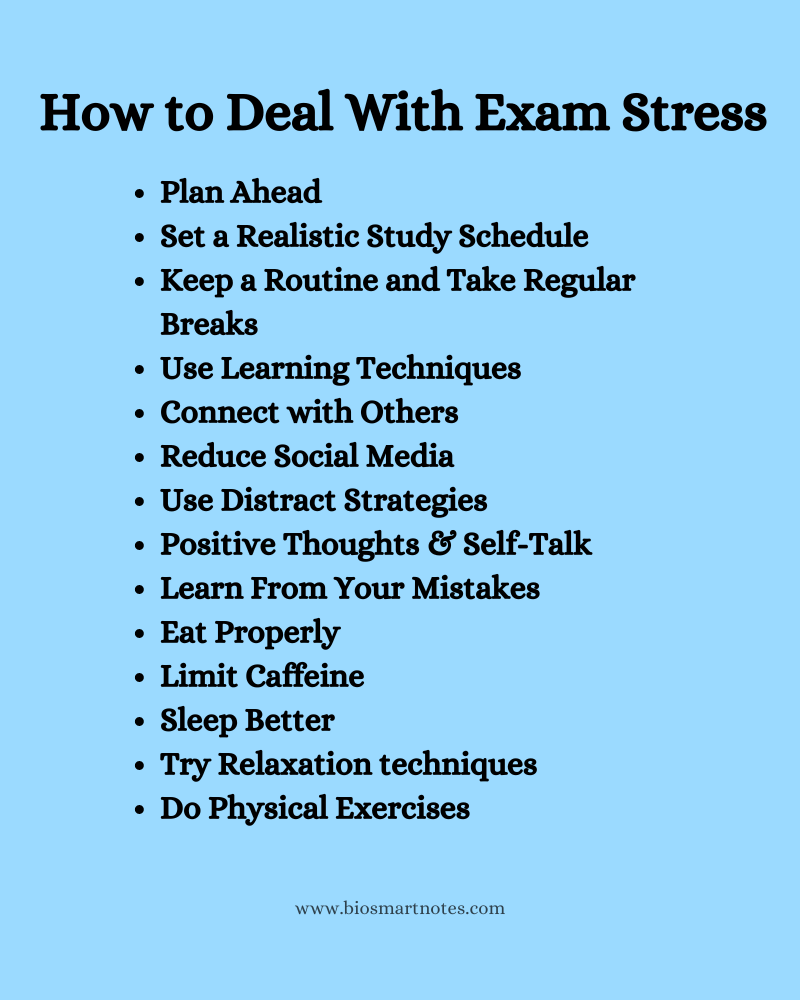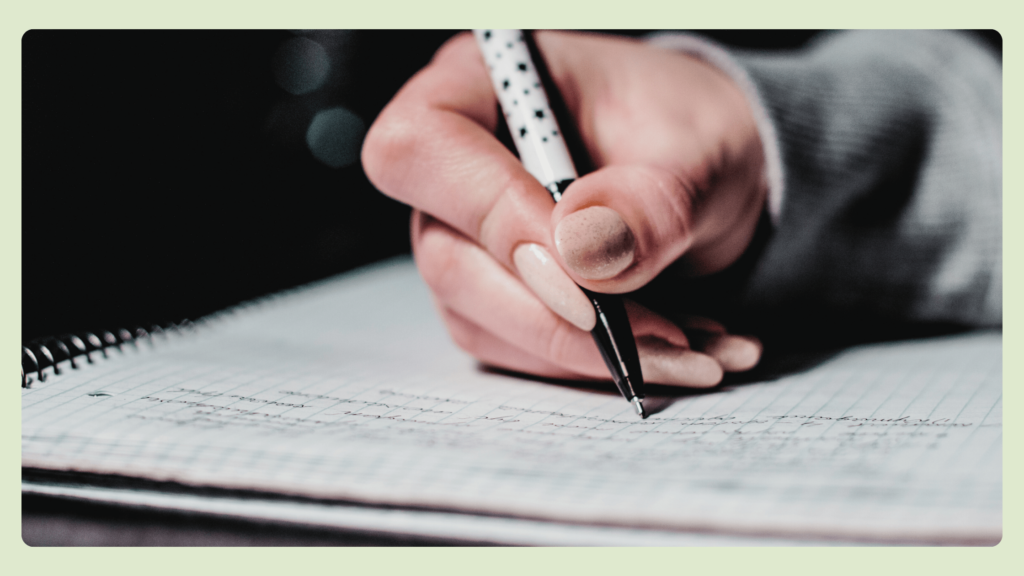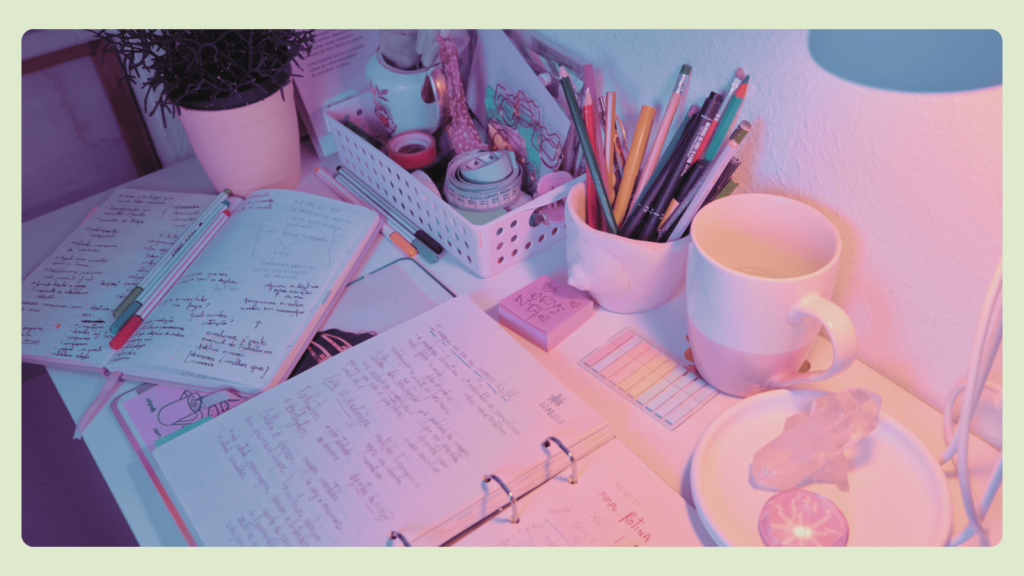The academic year has hit the half-year mark and students are starting to feel the heat of the upcoming annual examinations. No matter which class they are in, when it comes to exam stress, is hard on the students. Many are clueless about how to deal with exam stress and often fail to cope with it.
The pressure to perform well in exams and meet everyone’s expectations while juggling the workload of academics is taking a huge toll on the students. Exams themselves are stressful and it can be overwhelming and overbearing when it comes to the board exams and other competitive examinations.
Exam Stress Management
The fear of exams is scientifically known as examinophobia or exam fever. The effects of exam stress are both physical and physiological.
The physical symptoms are seen as muscle tension, uneven and rapid heartbeat, shallow or fast breathing, discomfort in the chest, digestive-related issues, the frequent urge to pass urine, loss of appetite or increased appetite, difficulty falling asleep, backache, etc.
Physiological changes that are commonly seen include the inability to concentrate, feeling mentally drained out, frustrated or aggressive behavior, irritability, constantly being tensed and unable to relax, etc.
While these may sound concerning, it should be noted that exam fear is completely normal and these symptoms are the body’s response to the ‘emergency’ called stress. Dealing with examination stress is possible with some strategic techniques with your study and lifestyle changes.
How to Deal With Exam Stress
In this competitive world, stress during exams is inevitable. So the focus should better be on how to tackle the issue and not to let it overpower you. Here are some strategies that can help tackle exam stress.

Plan Ahead
Proper planning will relieve the pressure of exams and make studying easier. Assess your subjects and see which one needs more attention and collect resources accordingly. It is important to start preparing early rather than mugging up everything in the last 2-3 months.
Set a Realistic Study Schedule
One of the major parts of your planning is to set a realistic study schedule. Set the schedule keeping in mind the most difficult topics and providing ample time to cover those areas. At the same time, try to cover the easier topics earlier so that you can devote more time to the other difficult ones.
The best study time is also crucial for each subject as the difficult ones would require your complete attention to make them easier to remember during exams. Set the schedule for an early morning or late night schedule. Do not set a schedule that stretch from early morning to late night as it will not be effective and make you too tired to focus.
Keep a Routine and Take Regular Breaks
A well-prepared student is less likely to be stressed about the exams. A part of the preparation includes hours of study with ample breaks at regular intervals. Your strategy must be such that you set a specific period for study and take a particular period of break in between.
A 50:10, 55:5, or 45:15 ratio may be used as per your attention span. It means studying for 45, 50, or 55 minutes and taking a break of 15, 10, or 5 minutes break. Those with a shorter attention span can also have a 25:5 ratio as well.
Use Learning Techniques
While studying, it will be better to use a more active learning technique such as writing down notes and formulas, drawing diagrams, creating charts, flow charts, etc as required. These will help you understand the topics better and more easily while doing revisions.
Connect with Others
Every student is different. When it comes to exam preparations, some are loners, some need assistance, and some can study better in a group. If you fall under the last two categories, do not hesitate to seek them out. Having face-to-face study sessions with friends will have a better impact and help reduce stress.
Reduce Social Media
The urge to check the social media handles now and then is one of the biggest causes of stress. Checking on friends who might be preparing better will have a negative impact. So it is better to give a break to the social media. Set a time limit and check the social media only at this designated time.
Use Distract Strategies
Using study breaks for distractions will be highly effective. You can try drawing, listening to music, stress balls, fidget toys, doodling, etc can be good options to keep the mind off of studying and stress for a while. Since these activities can also distract you from your studies, set an alarm to remind you to get back to your schedule.
Positive Thoughts & Self-Talk
Positive affirmations and thoughts are wonderful stress busters. Find some meaningful positive quotes and have them around you. In addition, you must do some positive self-talk along the lines of “I can do this”, “I got this”, etc. Repeated talks like this will help mold your thoughts in a positive direction.
Learn From Your Mistakes
The fear of what might be the outcome of the exam is one of the greatest causes of stress. To combat this issue, it is important to acknowledge your past mistakes and identify the key areas that need improvement. Critically assess these mistakes and do the needful to avoid such situations in future exams.
Changes in Lifestyle
What you eat and your physical activities have its effects on stress. It can increase or relieve stress. So some changes in the lifestyle may also be inevitable. Diet changes, sleep patterns, and exercises are required during the preparatory period so that you are less stressed during the examination.
- Eat Properly: Having a balanced diet with more protein and fiber is important for a healthy body to fight stress. Reduce sugar intake and make sure to drink plenty of water. Set your junk snacks aside and munch on healthy alternatives.
- Limit Caffeine: Caffeine may help you keep awake but it can affect your mood and concentration. Excess amounts of caffeine can make you jumpy and more stressed.
- Sleep Better: Set a specific time for sleep and develop a healthy sleep pattern. Set your schedule accordingly so that you can have at least 6-8 hours of sleep. It is okay to take a nap break, especially in the afternoon to refresh yourself. This power nal should not be more than 20 minutes.
- Techniques to Relax: Try relaxation techniques such as breathing exercises, music, talking to friends, a walk outside, and spending time with family. A one-hour break for your meals could be utilized in this way.
- Exercises: Physical exercise in the form of walking, running, yoga, dancing, etc, is crucial to reduce stress. These physical activities will reduce the stress hormones and can improve your mood with some happy hormones. You can set the time early in the morning or the evening.




